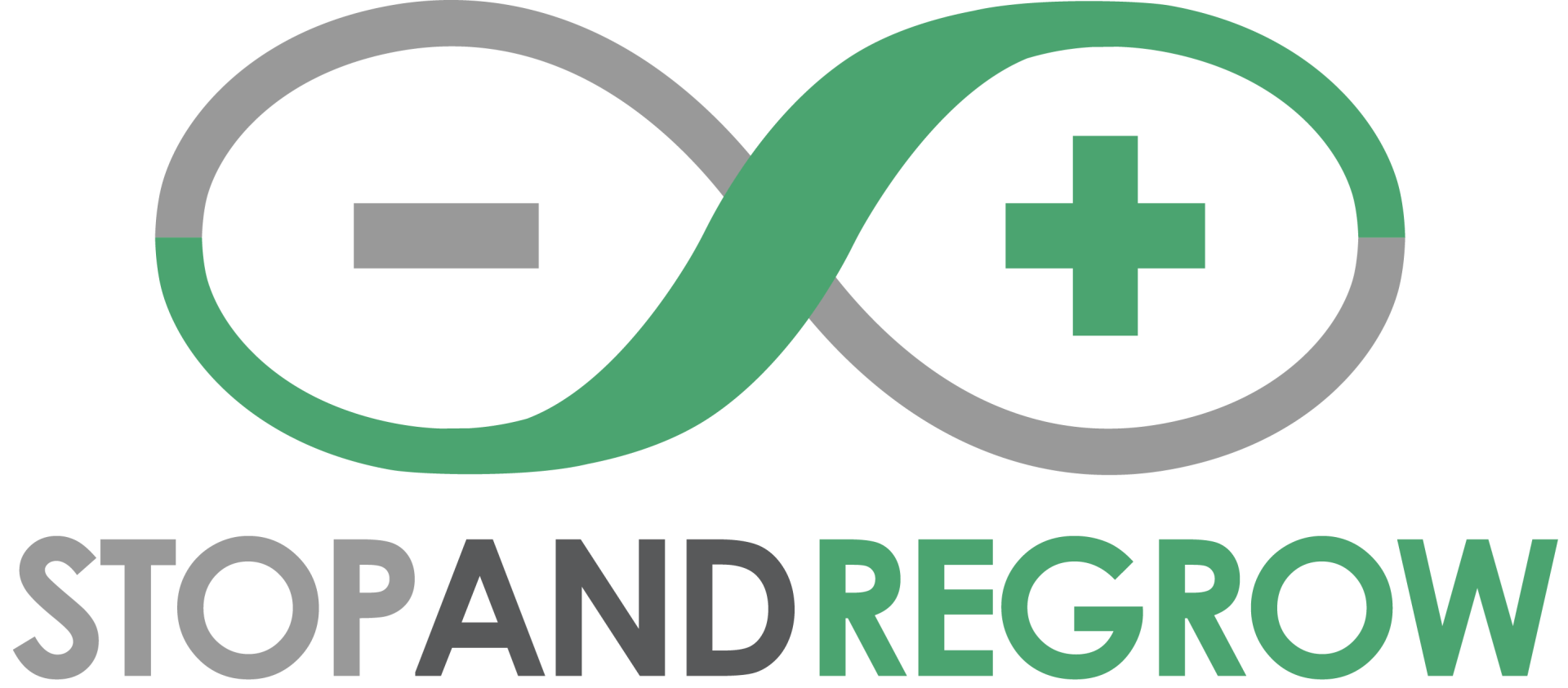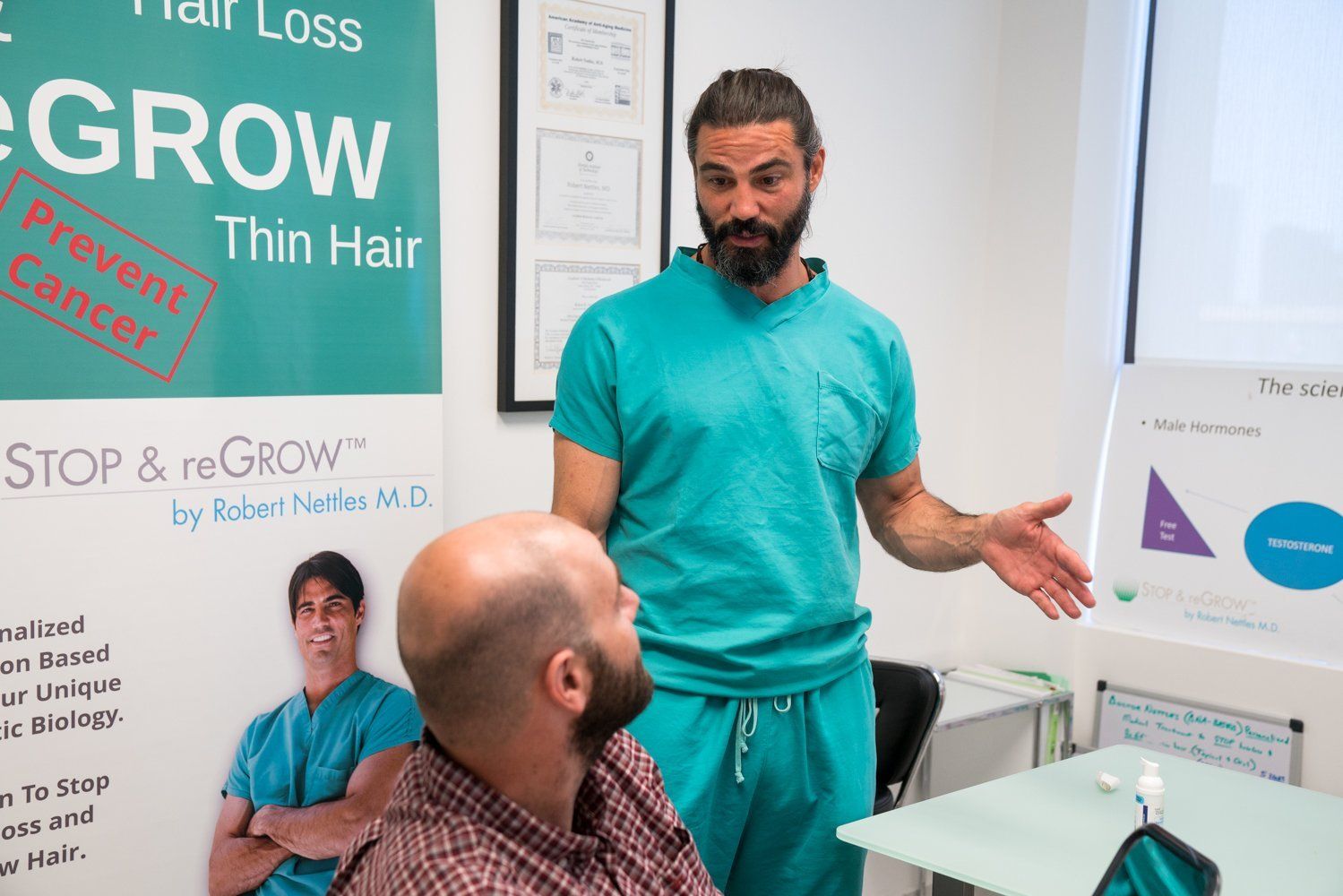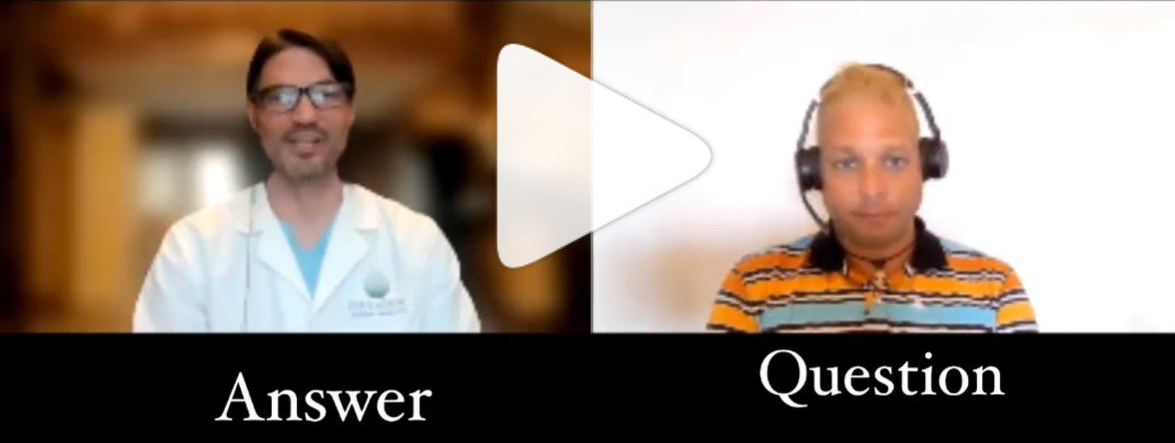What You Need To Know About Your Hair Loss Treatment - And All The Different Options
There are many options for hair loss treatment on the market today from Rogaine to Keranique to Single Hair Transplants to PRP. But how do you know which is going to be effective for you?
Which hair loss treatment is right for you? Do they all really work? Lets take a look at the most popular ones and the requirements for a hair loss treatment which really works to both stop hair loss and regrow thin/receding hair.
The first thing to understand is that the number one cause of hair loss is Androgenetic Alopecia. We do see other types of hair loss in our practice of course, however 95% of cases we see include at least a component of Androgenetic Alopecia as well.
The hair loss in Androgenetic Alopecia is caused by high levels of DHT. 50% of men and 25% of women are born with a hereditary gene which causes them to over-produce DHT which then binds to the hair shaft in hereditable patterns and gradually suffocate the hair causing it to miniaturize over time and eventually die. In order to stop hair loss we therefore must stop this process from occurring. We then need to grow back the damaged hair. Without doing both of these 2 things any hair loss treatment will be ineffective.
Now let’s look at each of the available treatments on the market and see how they shape up.
Rogaine/Minoxidil - entered the market in 1988 as the first medication which grows hair. Minoxidil is a vasodilator that works to increase blood flow to the scalp with the original idea being that if the hair follicles receive more nutrients from the extra blood flow they would regrow. Rogaine does produce slight hair growth in about 20% of people and which was later discovered to be a result of mild anagen antagonist qualities of Minoxidil rather than from the additional blood flow originally thought. Anagen antagonists speed up the catagen/resting phase of the hair and cause new hair to turn over more quickly and to grow back slightly thicker than the previous one. Whilst minoxidil may in fact assist some people with hair growth, the problem is that it doesn’t also stop the hair loss and the DHT will continue is binding to the hair shaft which will eventually overtake any additional growth caused by the Minoxidil and die, perhaps just slightly later than it would have without the Minoxidil. The alcohol base required to support the active ingredients also cause irritation of the scalp and sever reactions for many people.
Propecia - 9 years later in 1997, Propecia/Proscar/Finasteride was launched as the first pill to stop hair loss by blocking DHT. Whilst Propecia does do as promised and block DHT, it has a number of problems associated with it:
- It has a very short half-life of only 6 hours which means it is working in our system for only part of the day and as a result causes swings in hormone levels that lead to side effects for many people.
- There have been a myriad of reported side effects when this medicine is taken orally and in a one size fits all dose. America’s one size fits all approach to medicines causes a lot of problems for people, but you can read more about that in my previous article on
personalized medicine.
- It does not regrow hair. And especially because it is not working in your body 24 hours per day, it does not even give the hair a chance to regrow effectively on its own.
Laser Comb/Cap - HairMax launched the initial and most widely used laser hair comb back in 2001. The way these combs work is by using red light to stimulate cell regeneration and growth.The regime required to support this requires regular use for at least 15 minutes at a time. Even if their claims of hair growth stimulation are true, just like with Minoxidil, eventually the DHT will completely block the hair follicle from being able to absorb nutrients no matter how much growth stimulation they receive and will eventually be overtaken by hair loss and no longer be effective.
Supplements - Hair supplements, vitamins and dietary improvements have been around for many years and have been growing in popularity recently, especially with Dr Oz promoting Phytoceramides. Like the laser comb, many of these can be effective where the cause of hair loss is poor nutrition only. We see this in less than 1% of cases. So again, while providing the hair with better nutrition can help androgenetic alopecia minimally for a short while, it will not be able to overcome the effects of DHT.
Hair Transplant – Hair transplants were first pioneered back in the 1050's but have come a very long way since then. The new robotic single hair transplant methods available today are definitely the way to go if this is something you need. My goal however is to prevent you from ever needing one. The problem with them is that they are expensive, ranging generally from $10,000 to $30,000 depending on the surgeon and method. They also won’t solve your hair loss problem long term. It is likely you will need at least 3 to 4 of them unless you are also able to stop the initial cause of hair loss. We see many clients who have had their first transplant and then come to us distraught as they continue to lose hair around and behind the transplant location. Another important point about transplants is that transplants will never provide you with the thickness of hair you once had because every hair you transplant cuts off blood supply to the 4-6 immediately around them. You cannot transplant them as close together as your hair would naturally grow.
PRP - PRP, Plasma and Stem Cell therapy are much more recent additions to the hair regrowth treatment options available. And by now you should be able to tell yourself that these too are not going to be able to prevent hair loss long term but only assist with hair growth. Each of them in their individual way works to stimulate new cell generation and growth. However, as you now know, unless you stop your cause of hair loss, the follicle will eventually again be overloaded with DHT and unable to survive. Where these treatments have been especially successful is in assisting transplanted hair follicles to “take” in their newly transplanted location so that your “take rate” of transplanted hairs is improved.
Shampoos & Non-Prescription Topicals - Shampoos like Keranique and others have gained a lot of publicity lately. They claim to have a proprietary blend of ingredients that block DHT and regrow hair. None of their ingredients (unless they also contain Minoxidil) are FDA approved to grow hair. And as they are not prescription medicines they cannot penetrate the scalp and make any difference. One thing to note is that an FDA approved manufacturing lab is certified as clean and safe, it does not mean anything manufactured within it actually works.
Some other facts to be aware of when assessing any hair loss treatment you may come across are as follows:
1. Any product or treatment which penetrates the skin and changes the internal composition of the body (ie: like blocking or reducing DHT) is required by law to be available only by prescription and must be regulated by the FDA.
2. Only FDA approved products are held to standard of TRUTH in their claims and advertising. Any product which is not approved by the FDA can make any claims they like about what they do without fear of sanction. Basically they can lie about their effectiveness and no-one will check on what they are saying. There are many shampoos for example which cannot possibly block DHT as they do not penetrate the skin which claim to stop hair loss but receive no sanction and are not tested to verify their claims.
Stop and reGrow is comprised of FDA Approved active ingredients which have been rigorously tested and clinically proven to both stop hair loss and regrow thin hair.
You can learn more about how Stop and reGrow works here.
Learn about Stop and reGrow’s personalized medicine approach here.
If you'd like to schedule a comprehensive consultation to find our about your personal cause of hair loss and your options give us a call on (310) 601-4778 or schedule your appointment online .
Recent Articles From Our Blog

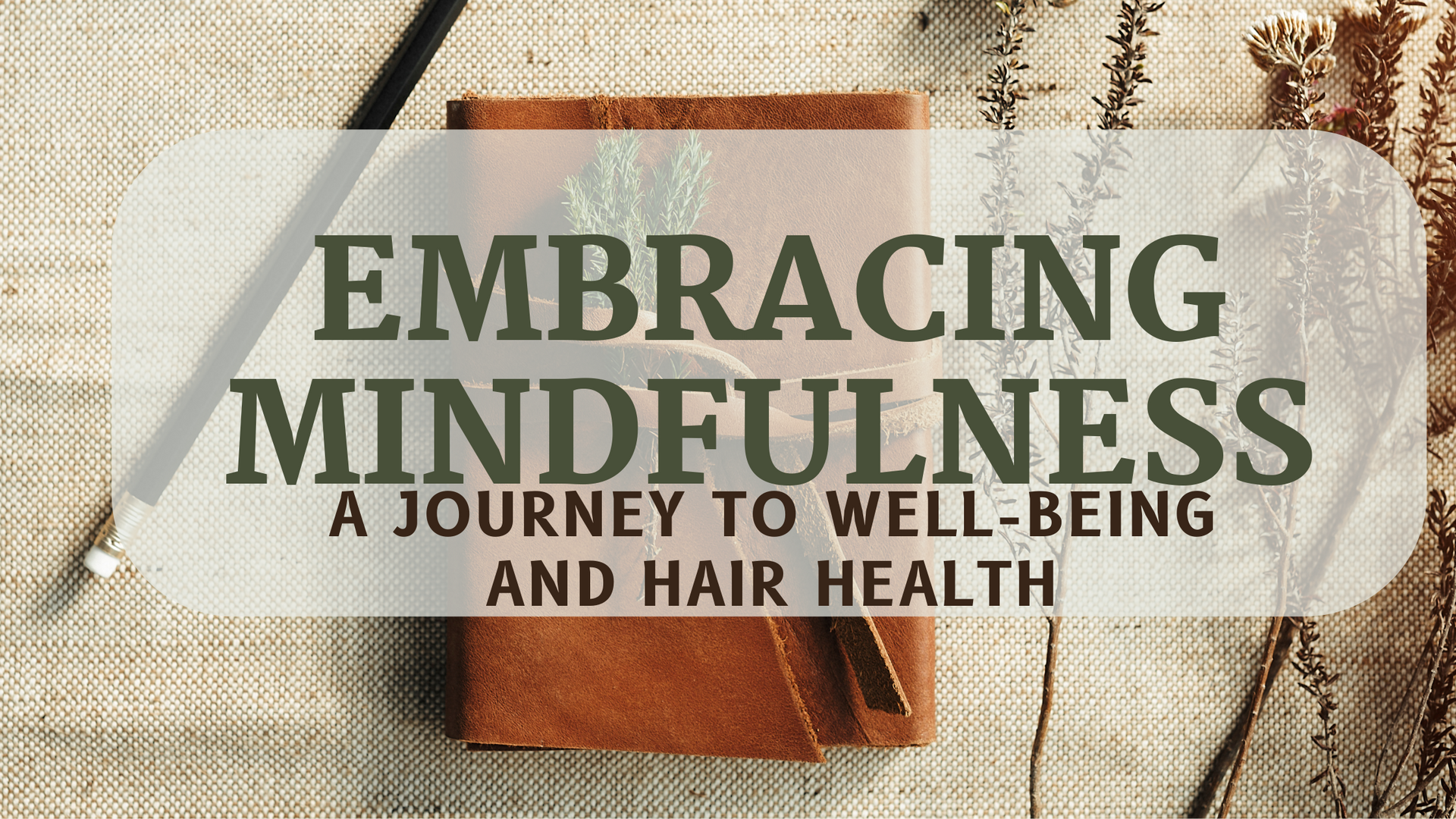


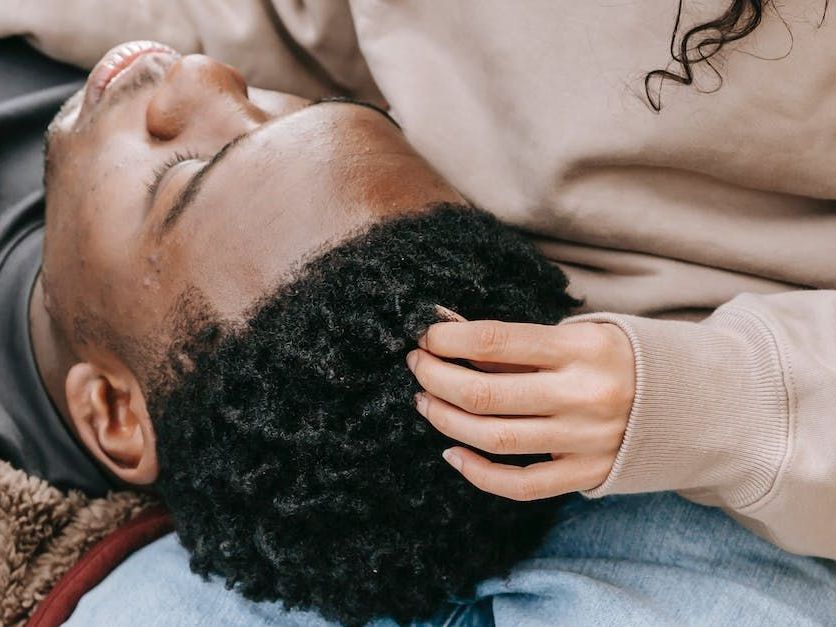
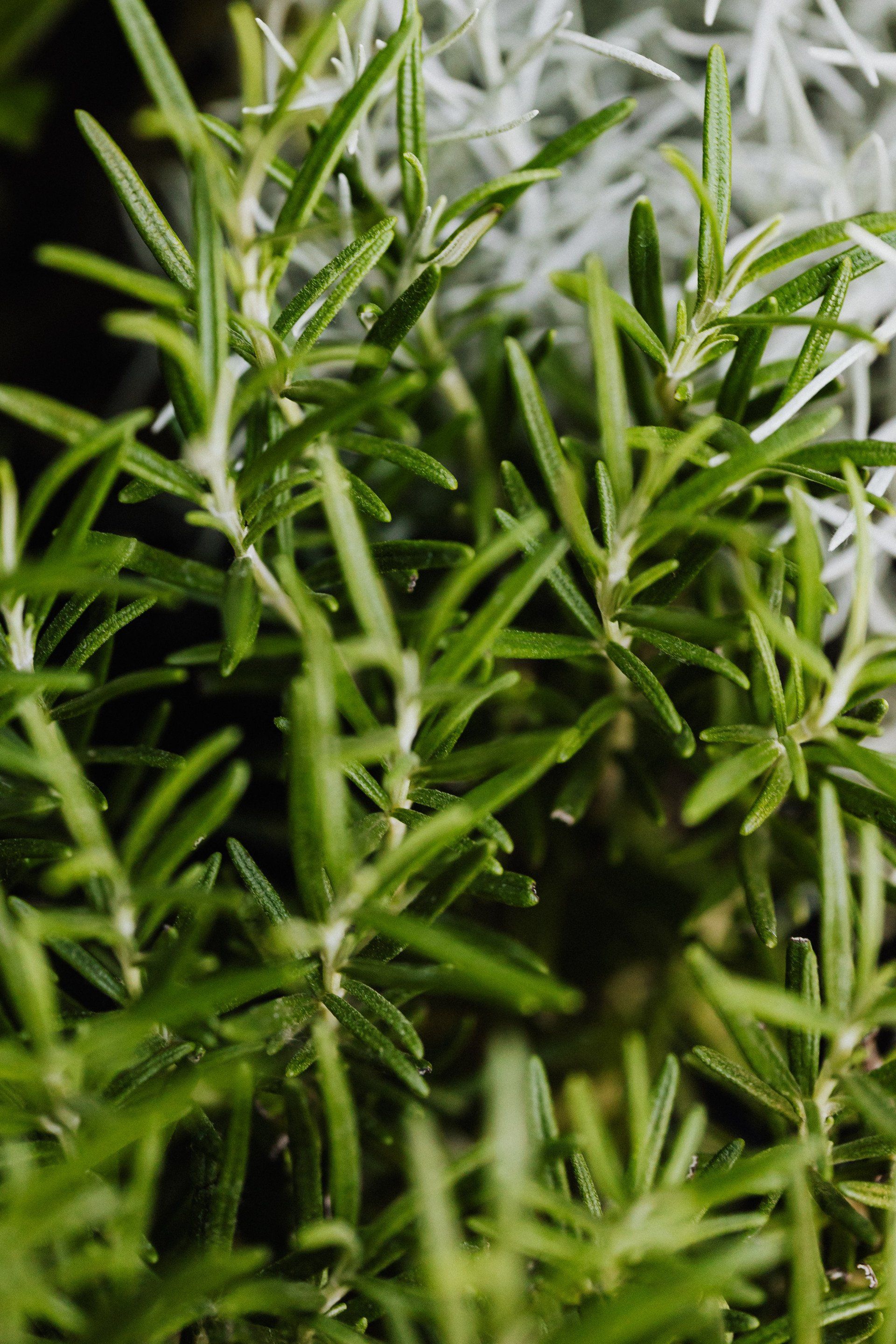
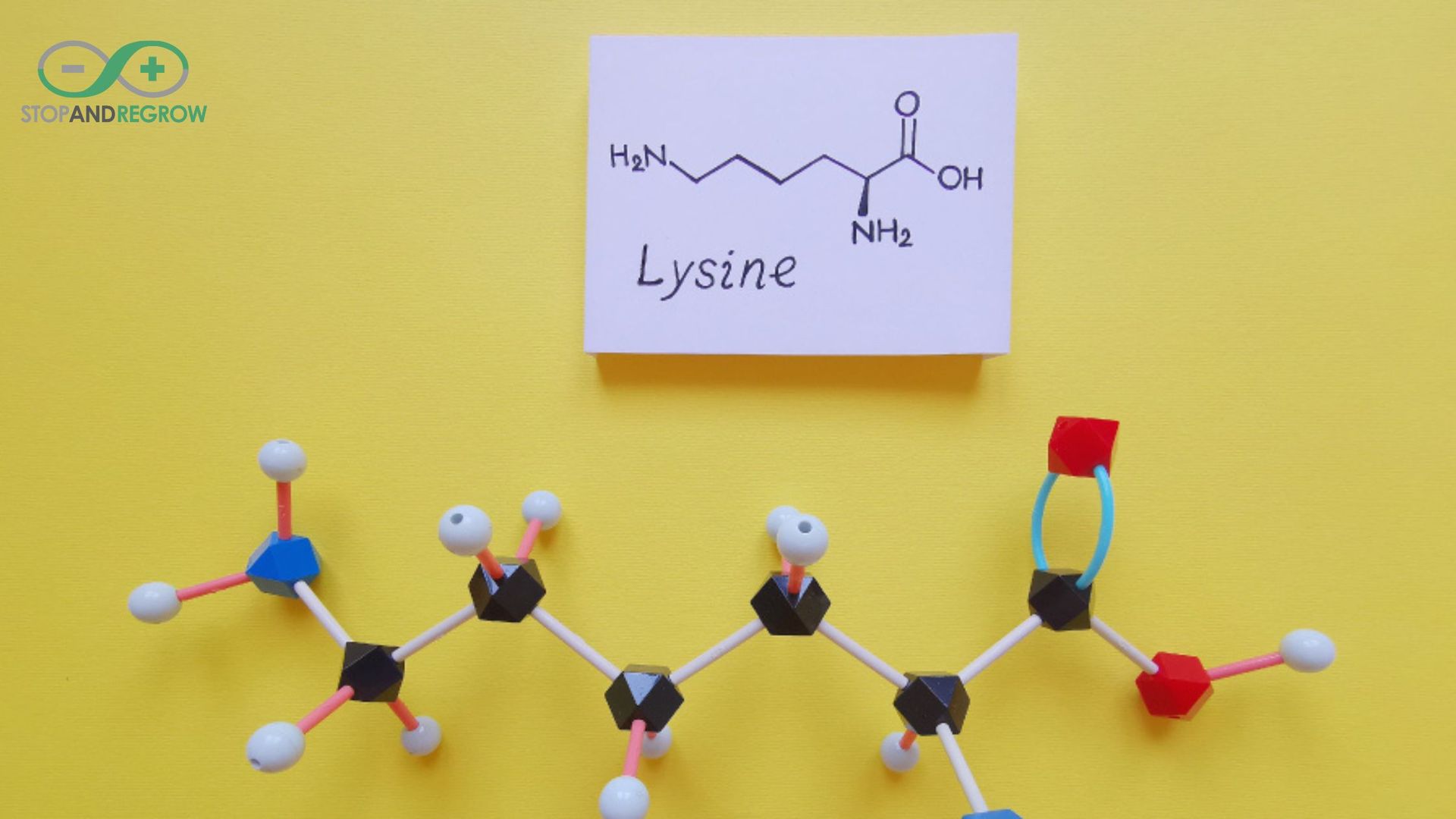
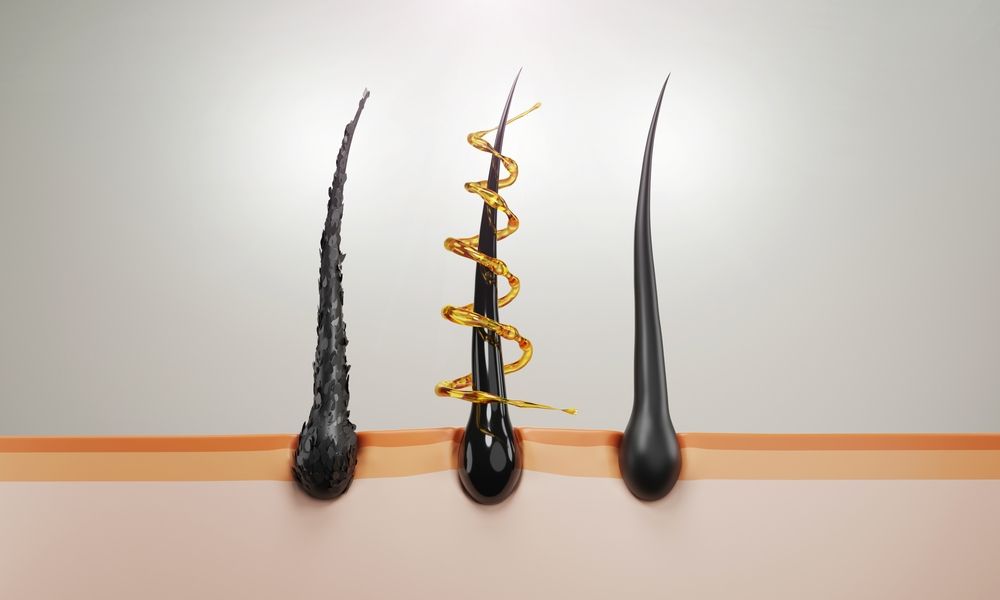
By providing your SMS number you opt in to receive occasional text messages from us. We will not ever sell or provide your data to third parties and you may opt out at any time.. Message and data rates may apply.. SMS Terms & Conditions
